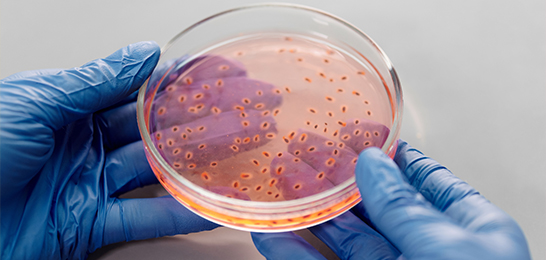Published Date: May 26 2024
Penicillinase enzyme, a key enzyme in the medical field, not only plays an indispensable role in treating penicillin-allergic reactions but has also demonstrated significant efficacy as an adjunct in treating patients with anaphylaxis. In this article, we will introduce the penicillinase enzyme.
What Is Penicillinase Enzyme?
Penicillinase is a medical enzyme indicated for treating allergic reactions to penicillin in general and as an adjunct to treating patients with anaphylaxis or severe penicillin-allergic reactions. A variety of penicillin-resistant bacteria, such as penicillin-resistant strains of Staphylococcus aureus and Bacillus cereus, can produce this enzyme.
Stability of Penicillinase Enzyme
The enzyme solution could be stored at 4°C for more than 6 months using standard pharmacopoeial fermentation methods for the fermented penicillinase enzyme. Its activity was not significantly different from that of the method that also used the addition of glycerol or increasing the concentration of sodium chloride to protect the enzyme activity. However, if the fermented enzyme activity is very high, there can be a certain decrease in enzyme activity during the months of storage at 4°C, after which it can have the same storage stability.
Substrate Specificity of Penicillinase Enzyme
The penicillinase enzyme can enzymatically hydrolyze most monolactam antibiotics. The penicillinase enzyme produced by Bacillus cereus has a very strong hydrolytic effect on penicillin G, penicillin V, ampicillin, carbenicillin, and sulfasalazine in the penicillin group and a slight hydrolytic effect on amoxicillin, penicillin, and vincristine.
Applications of Penicillinase Enzyme
Bacteria produce penicillinase enzyme, which is the main reason for the emergence of drug resistance. Penicillinase enzyme can hydrolyze β-lactam antibiotics, which can be used to remove residual penicillin from the environment, forage, medical devices, quality tests of antibiotic drugs, and screening of new antimicrobial drugs.








